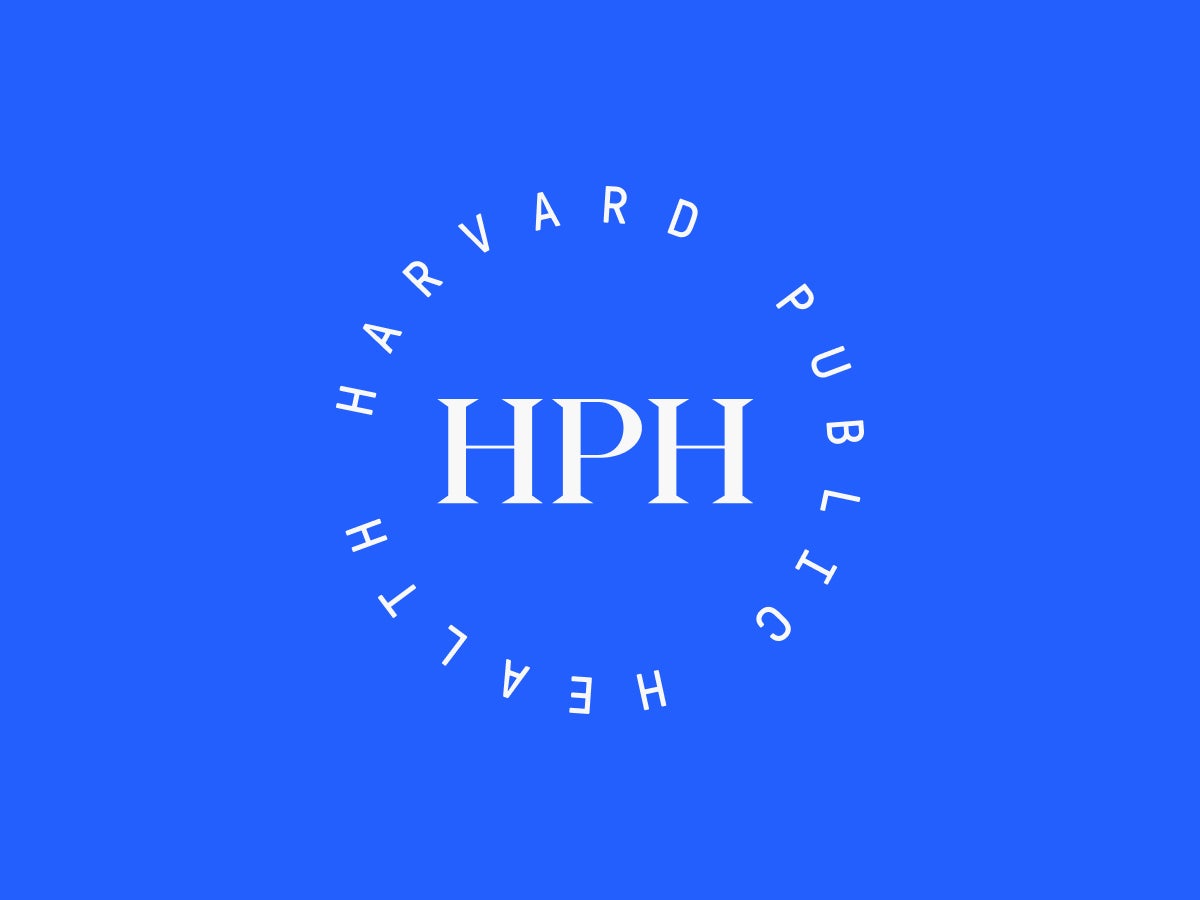
Front Page

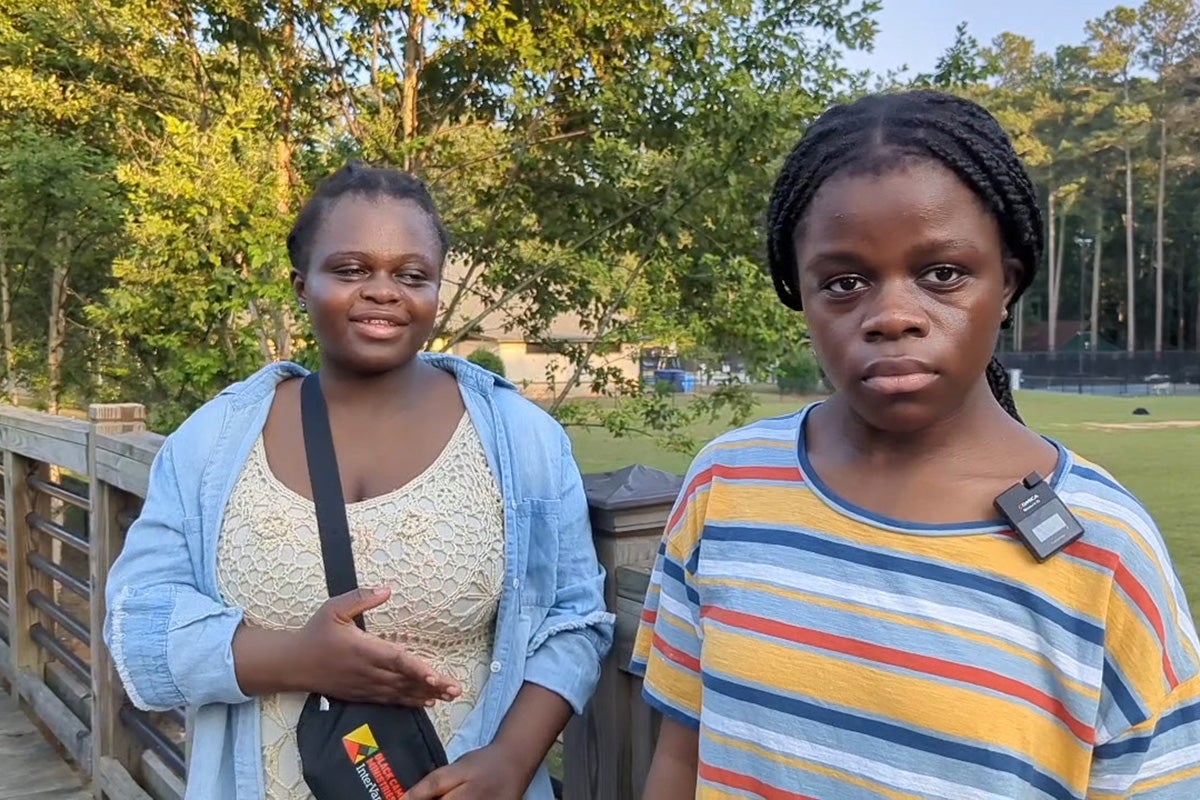
For many immigrants, U.S. health care is a maze without a map
What America’s most diverse square mile teaches us about health care access
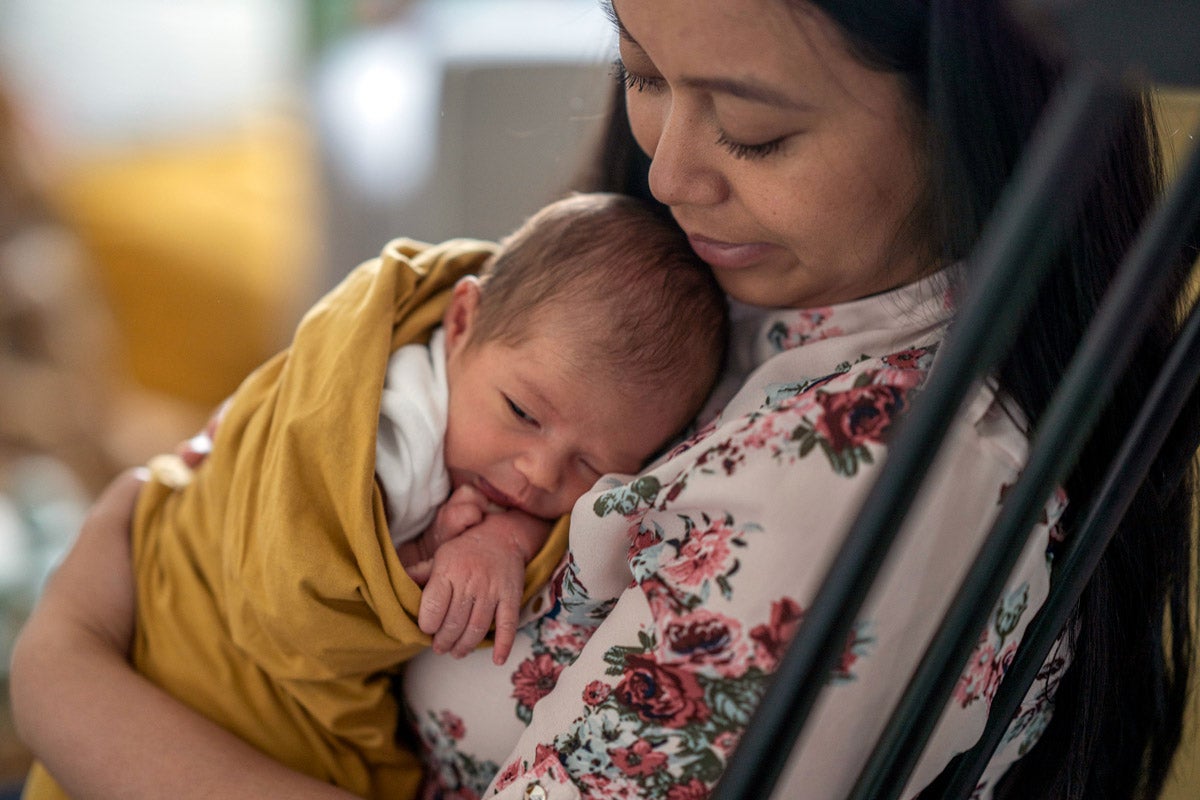
How to reverse the decline in U.S. maternal health
Moms need help navigating a bewildering system of specialists.
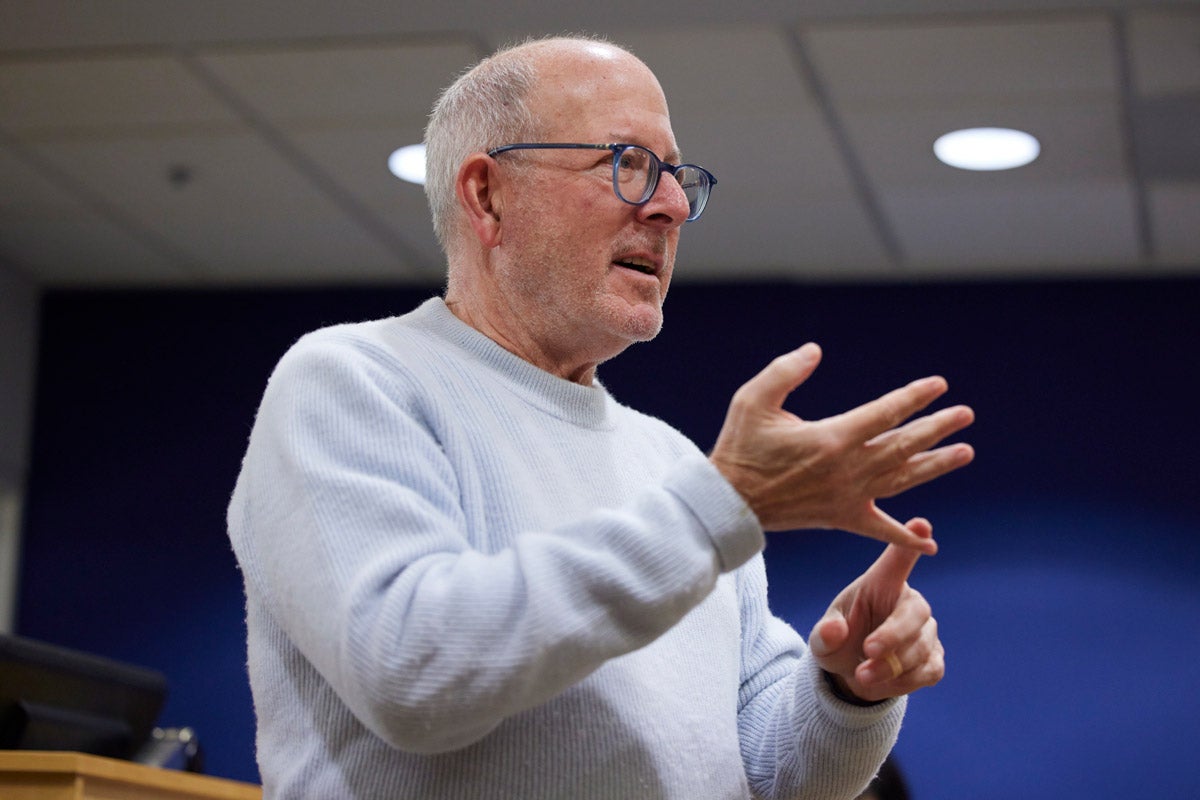
Public health reformers need better communication tools
Strategic communication helps turn untested ideas into forces for real change.

Why every campus should have a student director of public health
University policies often don’t reflect what students actually need.
Snapshots
Bite-sized views of big ideas in public health
Environmental Health

A farewell to HPH readers
The last story for a magazine that looked at what worked in public health, what didn’t, and why.

The new kind of volunteer firefighter
How a brigade of locals became a key force in helping protect people from the L.A. wildfires

Hope as a catalyst for change in Climate Futures
How public health can move from doomscrolling to action
Equity

A farewell to HPH readers
The last story for a magazine that looked at what worked in public health, what didn’t, and why.

Why Black patients are less likely to get life-saving kidney transplants
Innate bias, residential segregation, and the high cost of donation are all barriers.

The neurological impact of being Black in the U.S.
A new theory about how racism may lead to faster aging
Global Health
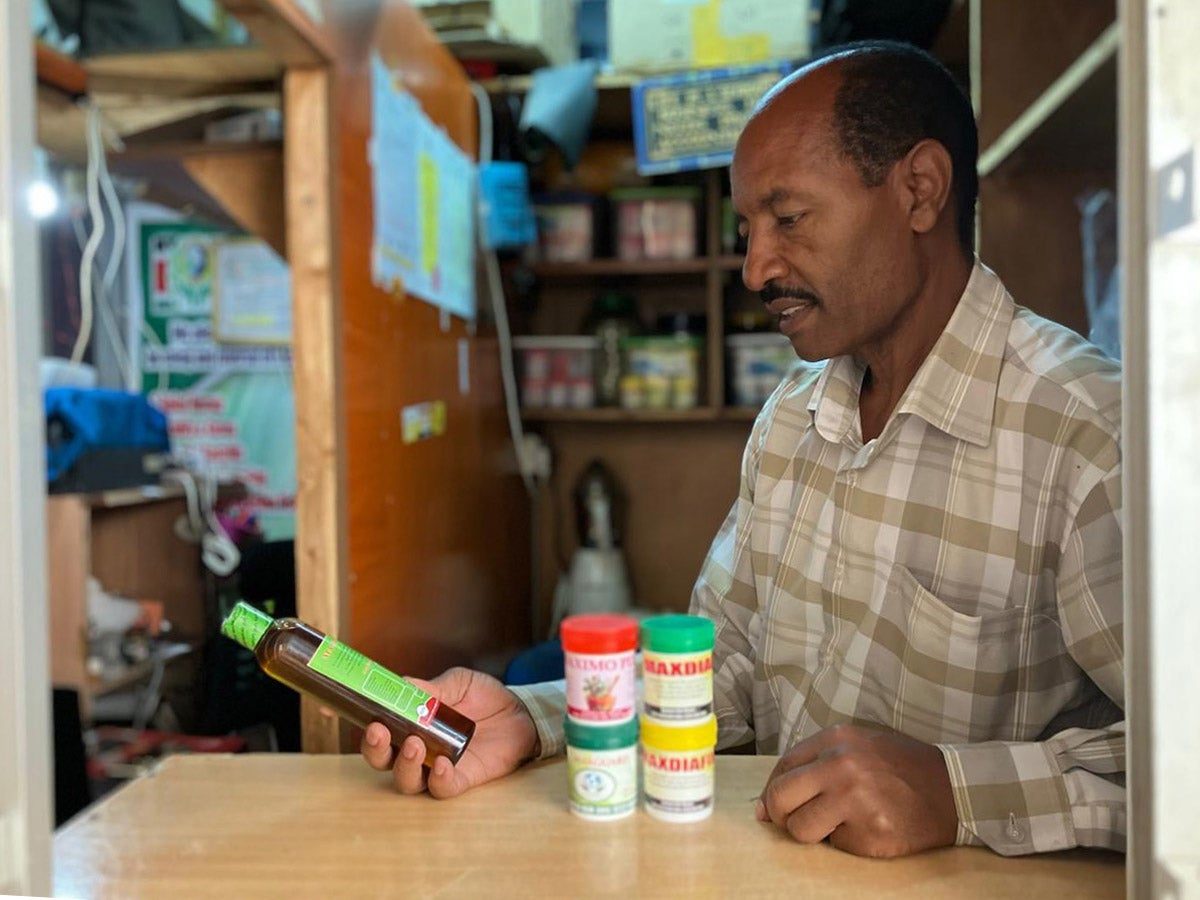
Can traditional medicine help solve Kenya’s diabetes crisis?
The science says yes. Now Kenyan policymakers can provide a model for other low-income countries.

To meet demand, blood donation should not rely solely on volunteers
A misalignment between supply and demand especially hurts people in low-income nations.
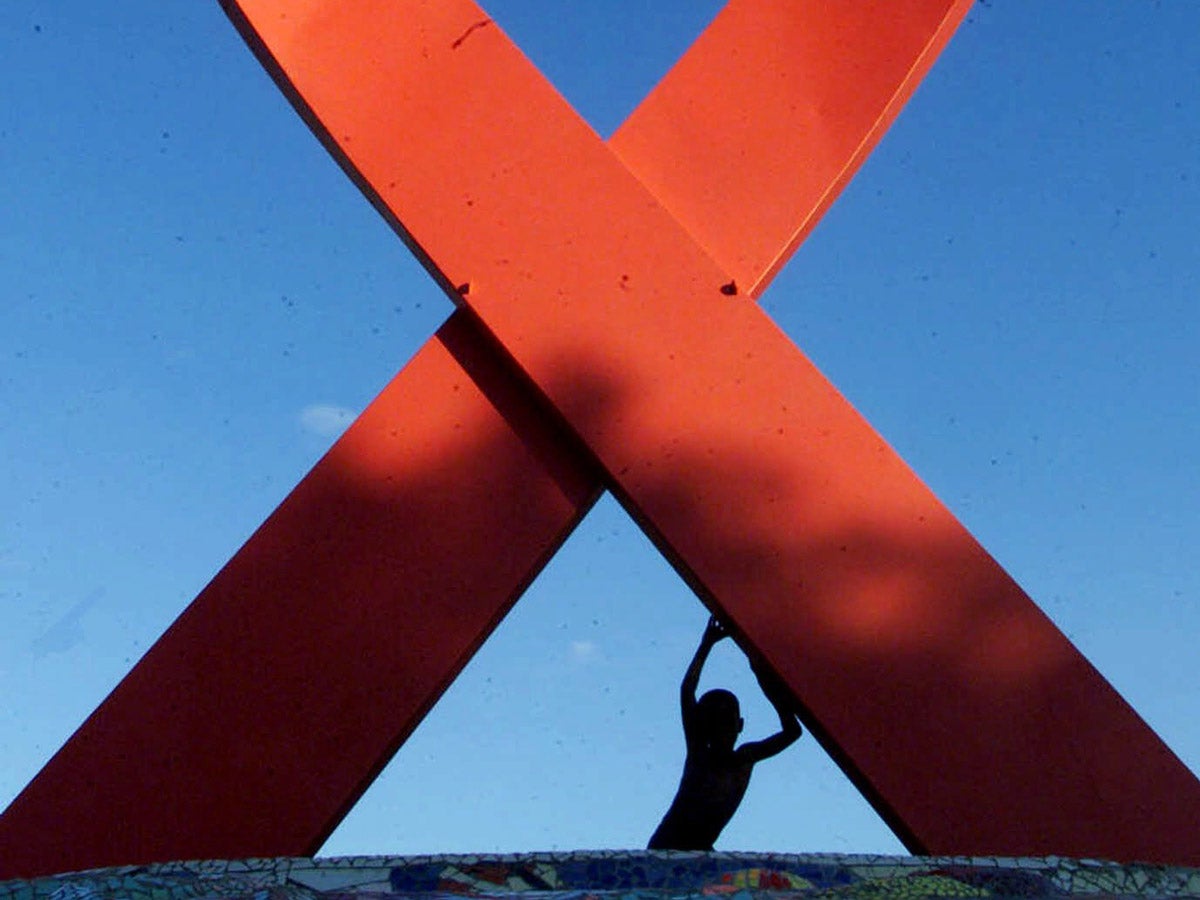
What’s working in the 19 countries on track to help end AIDS
Lessons from Botswana, Cambodia, Zambia, and Malawi
Mental Health

A farewell to HPH readers
The last story for a magazine that looked at what worked in public health, what didn’t, and why.
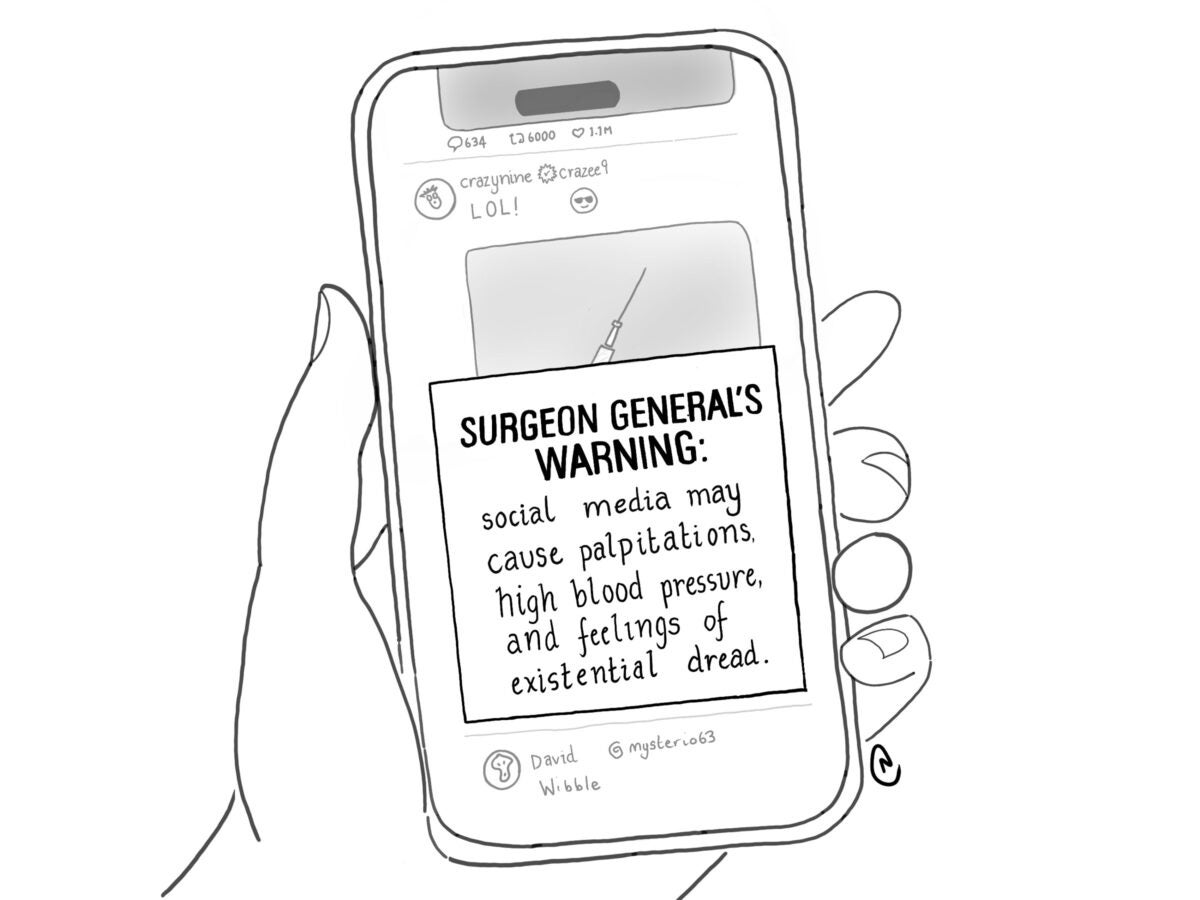
Death by a thousand “likes”
An editorial cartoon by Natasha Loder
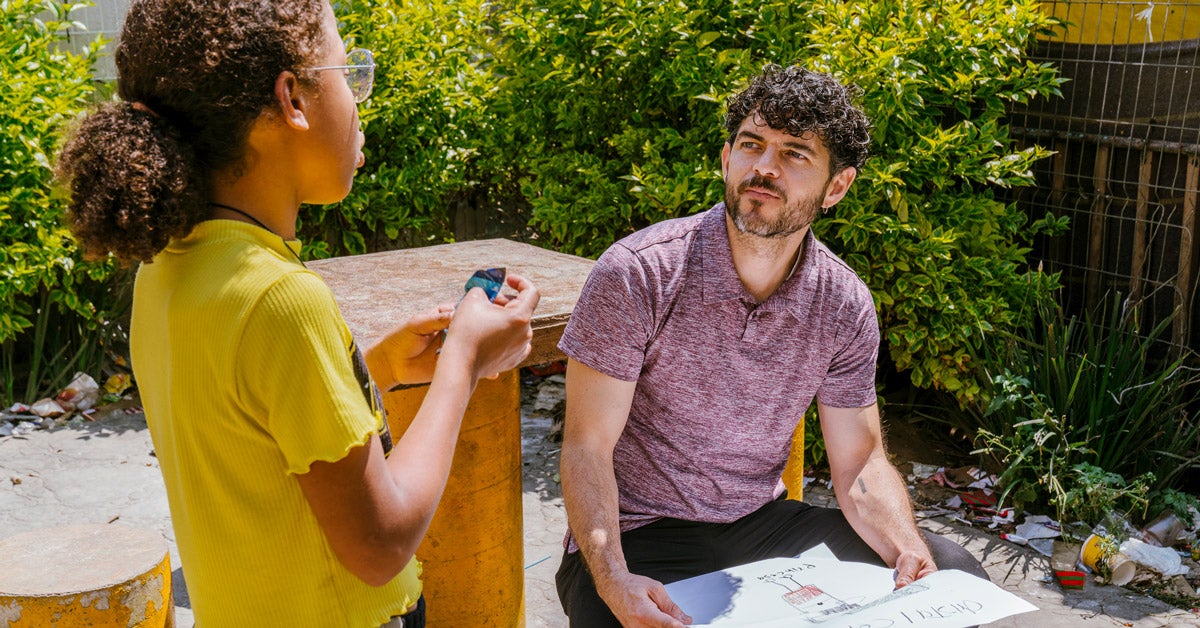
Migrant children struggle to express themselves in words. Enter art and play.
Research shows art and play therapy can help children process complex trauma.
Policy & Practice

There’s a way to deal with brain injuries in football. It isn’t safety gear.
The NFL says new equipment works, but science disagrees.

“When you design roads, that is public health.”
Research shows people in the U.S. think traffic deaths are inevitable, but they’re aren’t.
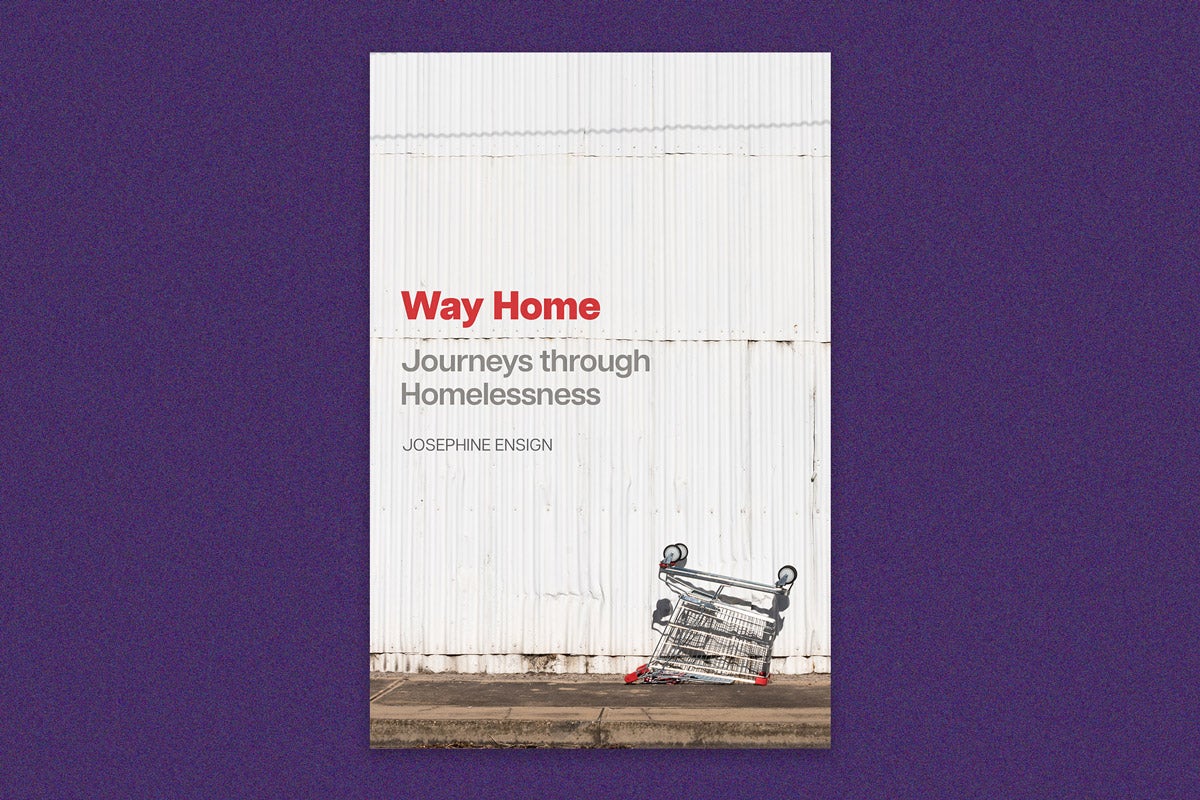
Way Home invites the U.S. to view its homelessness crisis up close
A picture of the unrelenting displacement, danger, and exclusion experienced by the unhoused
Reproductive Health
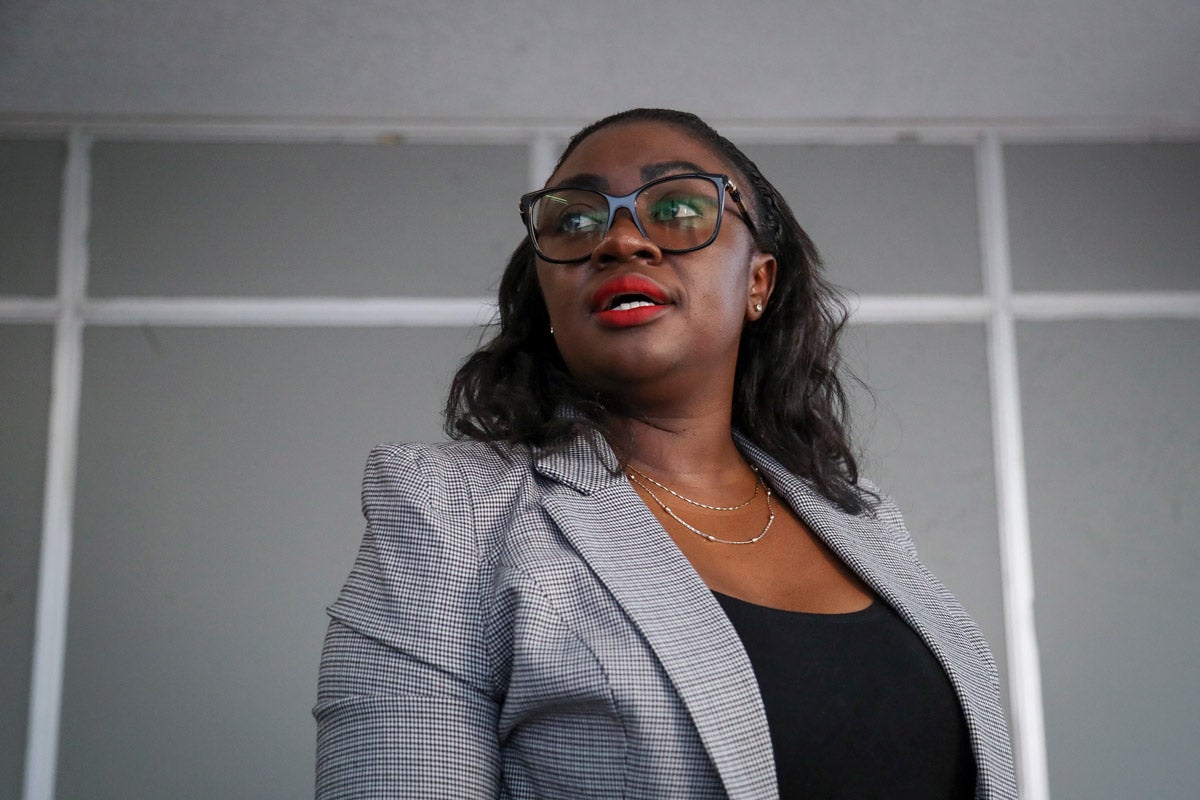
Battling period poverty in Kenya
“This is what you can do with this position, as a woman in power.”
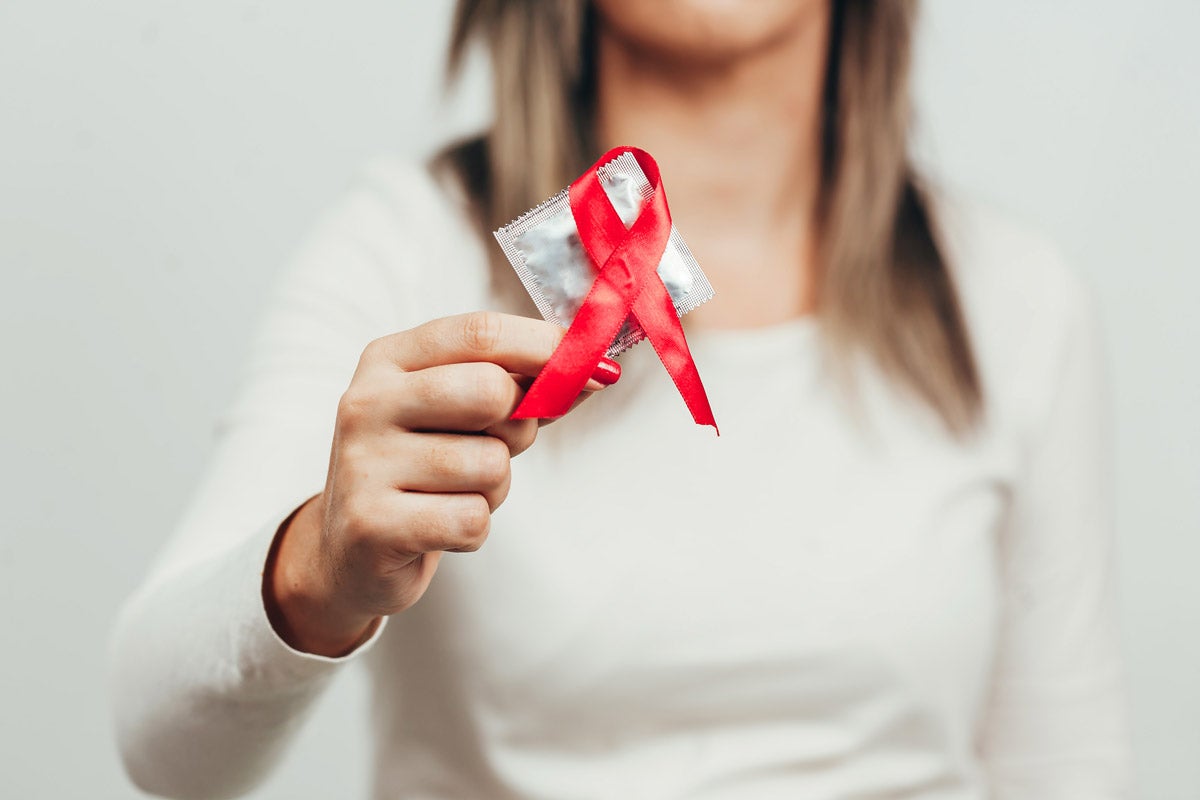
Hispanic women are less likely to get PrEP treatment. A new intervention could change that.
Latinas make up 17 percent of U.S. women, but 21 percent of those living with HIV.

Adopt-A-Mom wants to eliminate pregnancy disparities in North Carolina
The program responds to racial and insurance-based inequities in maternal care in Guilford County.
Tech & Innovation

A farewell to HPH readers
The last story for a magazine that looked at what worked in public health, what didn’t, and why.

Editorial cartoonists were early U.S. public health advocates
Using caricature and humor to stoke outrage in readers—and change

Social media is the new public health frontline. Let’s treat it that way.
We must give influencers tools and training to deliver accurate health information.